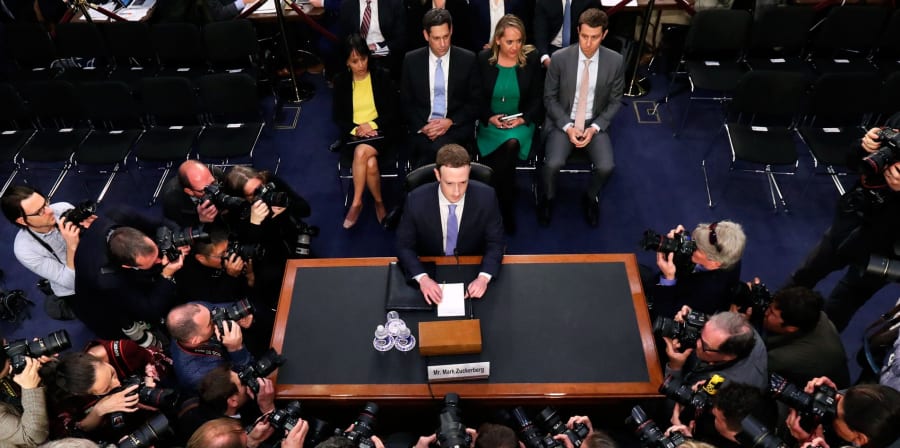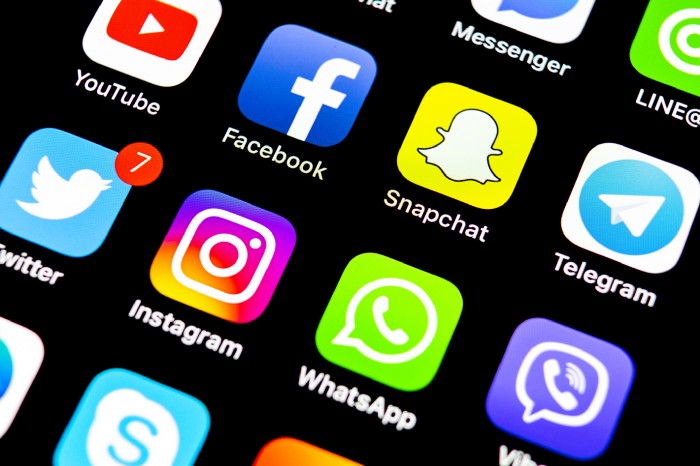'The Social Media Age’ explores the meaning of social media as social technologies, as consumer products, and as global platforms. At every level, social media have become the defining media systems of our cultural moment.
While social media provide important spaces for social connection and public expression, they also operate beyond national borders and are implicated in colonial-style expansion, surveillance, and extractive data capitalism. Such contradictions illustrate important tensions between connection and exploitation, quickly becoming the norm in our media landscapes and everyday lives.
These norms have consequences for ordinary people. For example, the Capitol Riots in the United States and the proliferation of conspiracy theories during the Covid-19 pandemic are two illustrations of the spread of extremism and misinformation on social media. All sharable information is profitable, setting up an economic dynamic which puts socially responsible content in the same category as harmful, socially irresponsible content. This means that platforms have an economic incentive to ignore dangerous content and/or inflammatory accounts. Governments and policy makers struggle with the economic power of platforms, making it difficult to impose effective regulations.
In April 2021, the British Government launched a new regulator, The Digital Markets Unit, to prevent technology giants such as Facebook and Google from exploiting their market dominance. Such a regulator is long overdue, and not only in the UK. For example, the Australian government changed its bargaining agreements to force Facebook and Google to for pay for news content. Facebook responded by banning news content in Australia. After considerable backlash, Facebook restored news content, but this incident made clear a bleak reality where platforms can impact the informational health of nations. The most worrying aspect of this situation is that these decisions are made based on economic profitability for private interests rather than in the interests of the public or even national good.
At the same time, social media have also become the default places for social connection, for play, for political expression, and even for love and intimacy. From selfies to social screens like YouTube and Tiktok, social media have become the primary mechanisms for public and private participation. While many platforms may be public facing, social media are also deeply personal, shaping the dynamics of our interpersonal relationships, including the ways we perceive, curate, and document ourselves.

Zoetanya’s book explores these complexities, balancing the tensions between the personal and public, cultural and economic, exploitative and connective. All in all, however, Zoetanya argues that we must question how social media work personally in order to understand how they are (anti) social. It is only from this basis that it will be possible to harness platform power to shape a better and more connected world.
“We need to understand what social media are, the extent of their operations, and the changing nature of the environments in which they, and we, interact. From then, we can start to think about a holistic, international approach, that aims not just as regulating the platforms, but improving our relationship to social media in the process," Zoetanya explains.
“Australia’s recent legislative victory, in which Facebook and Google would be required to pay for news content on their platforms, may provide a model for other countries to replicate. Nevertheless, it is simply not enough for individual nations to take on the platform empires themselves."
The Social Media Age is out now via SAGE Publishing.
Related Links
- Find out more about BA (Hons) Media Communications
- Find out more about Dr. Zoetanya Sujon
- Find out more about the Media School





